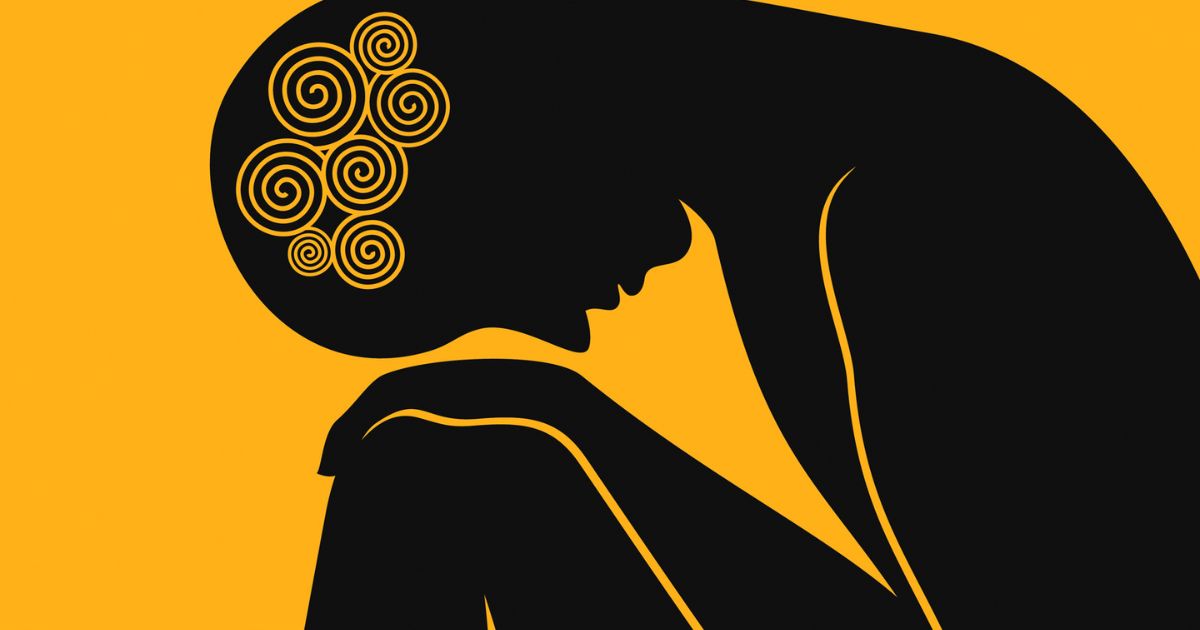In a pioneering study published on the prestigious Nature Journal, research into the efficacy of Ketamine—a drug used in anesthesia- has shown encouraging results for reducing symptoms of depression.
The findings from this mouse-based study show that the drug can be used for long-lasting treatment of depressive symptomatology which is a major breakthrough in psychiatry.
Dr. Gil Lichtshein, an eminent psychiatrist, went on to explain the findings of the study in respect to how ketamine works.
“Ketamine essentially starts off with specific changes in neurochemical that will trigger down-stream effects that make brain neuroplasticity, neuroprotective and that exhibit signs of neuroprotection.”
Moreover, Dr. Lichtshein stressed the fact that Ketamine has more therapeutic benefits than potential side effects especially if it is administered under appropriate medical supervision.
This is an indication that apart from causing important changes of crucial neurochemicals, it also makes brains supple to patients suffering from treatment-resistant depression.
Ketamine’s Neurochemical Impact and Long-Term Relief from Depression
The investigation brought out how deep ketamine influences brain chemistry thus resulting in long-term relief from depressive symptoms among participants at end stage.
By aiding neuroplasticity which refers to remolding processes within the brain tissue plus development of new connections, ketamine had a chance to counteract depressive symptoms unlike any other known treatment modality.
In addition to this, Dr. Lichtshein’s observations supported these assumptions by highlighting the underlying mechanisms responsible for its unusual positive effects as a result of neurochemical alteration that was associated with it.
This knowledge base could lead to new strategies for treating depression bringing renewed hope to people who suffer immensely due to this disabling mental illness.
Increased Prevalence of Chronic Fatigue Syndrome and Its Possible Relationship with Long Covid
On another note, as advances regarding depression treatment continue emerging recent information have come up about Chronic Fatigue Syndrome (CFS) indicating even a higher prevalence than previously estimated.
There was a dramatic rise in the number of cases of CFS reported by the Centers for Disease Control and Prevention (CDC) through its survey.
4.3 million people were diagnosed with the disease by their physicians, an astonishing number compared to CDC’s estimation of 836,000.
Chronic Fatigue Syndrome (CFS), which is characterized by an unexplained, severe and chronic fatigue lasting more than six months at a time, has recently gained traction.
This is because, it might be related to Long Covid—a condition experienced by individuals who continue to have symptoms after getting infected with Covid-19.
The survey data suggested that long covid is highly correlated with CFS by nearly 90 percent of patients without recovery from long covid reporting this symptom of chronic fatigue.
The global study supported these findings and revealed that the majority of long Covid sufferers were struggling with chronic fatigue thereby highlighting the possible future implications of the viral infection.
Shockingly, CDC has found out that about 90% of persons living with CFS are undiagnosed thus necessitating increased awareness coupled with better diagnostic procedures and improved medical interventions to handle this grave public health issue.
The combination of these research discoveries represents an epochal period in mental health as well as postviral complications.
It introduced new treatment approaches for depression while pointing out worrying consequences related to long COVID on individuals’ lifelong wellbeing.
The scientific community and doctors are continuously investigating these intricate disorders as the mental health landscape changes with respect to people who have been infected by a virus.
This could help in the development of new therapies or strategies that could improve the quality of life of the patients and also provide vital insights into the complex workings of our brains and their soft spots.


























